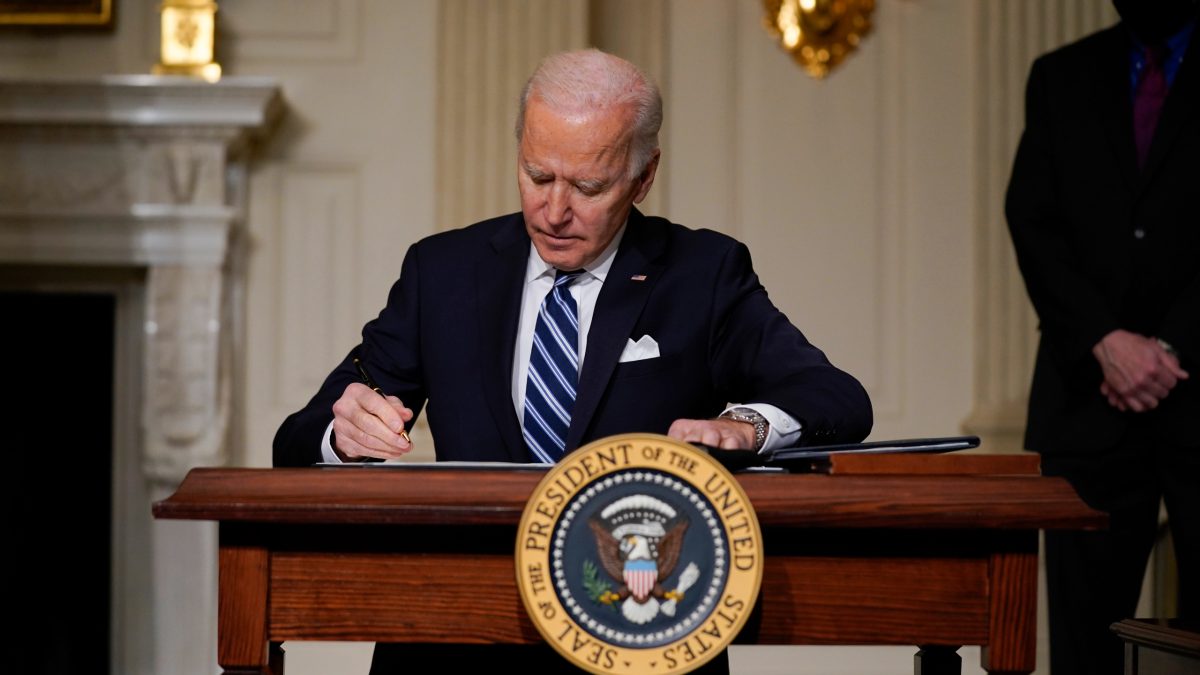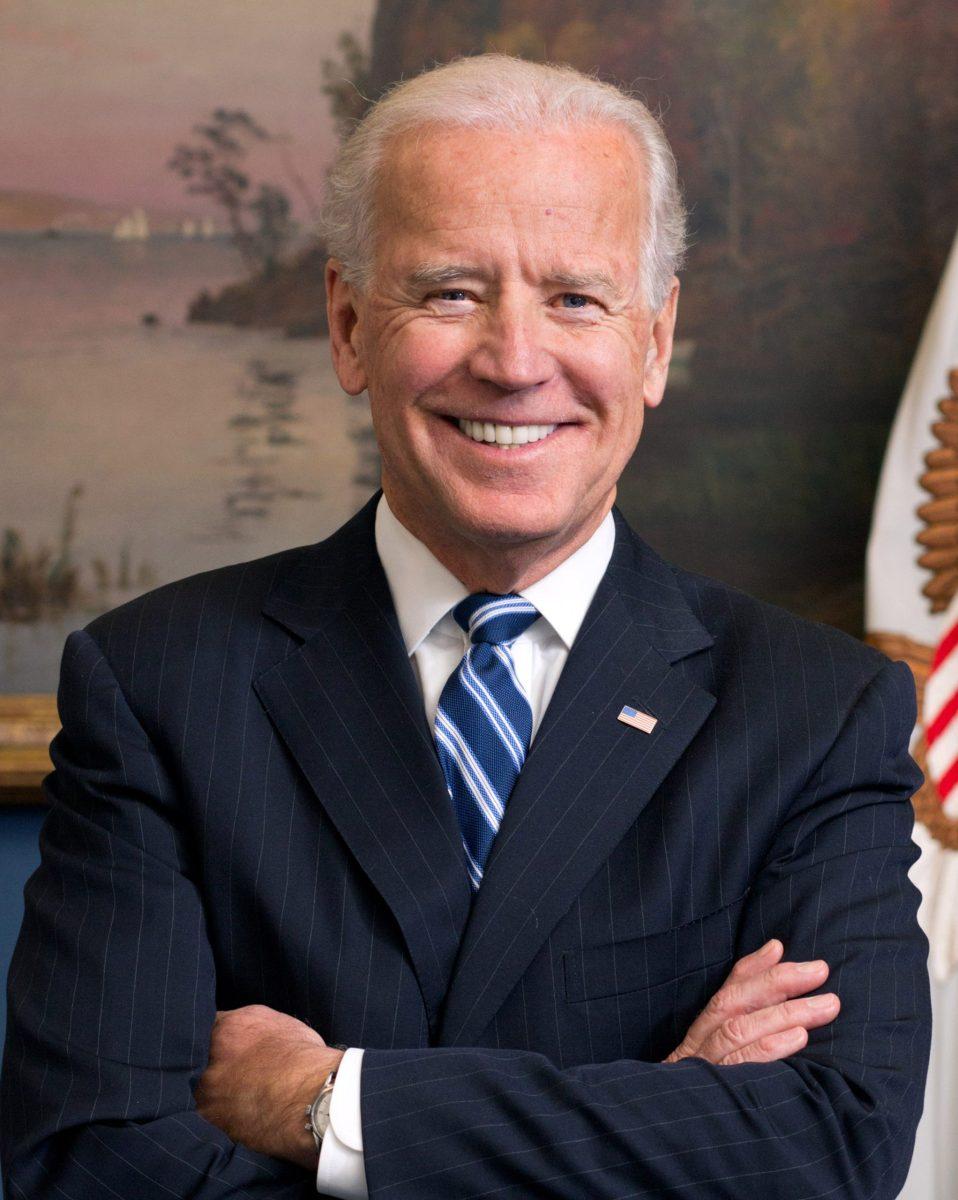After weeks of intense negotiations between top officials from both nations, the United States and Russia have finally agreed on a comprehensive ceasefire concerning the civil war in Syria.
According to major sources, the ceasefire contains four key points that will hopefully lead to greater peace. First, the Syrian Air Force will be grounded in all opposition areas in order to cease bombings on civilians and build trust with opposing factions. Russia will be pivotal in enforcing this rule because the Russian Air Force plays a major supporting role to the Syrian government and actively influences their military.
Secondly, a cessation of hostilities will begin at sundown on September 12th (the same day as the Muslim holiday Eid al-Adha) between the governments involved in the war and most non-terrorist factions.
Third, humanitarian aid will be allowed to enter all non-ISIS areas of Syria, including the desperate besieged city of Aleppo; notably, Castello Road, one of the most vital routes to Aleppo, will become a demilitarized zone, allowing more aid to pass through.
Lastly, the US and Russia will begin to collect intelligence jointly on Al-Nusra (a Syrian radical group) and ISIS and eventually hold joint bombing campaigns against them.
The negotiations have been subject to months of delays and disagreements between Secretary of State John Kerry and Russian Foreign Minister Sergei Lavrov. Presidents Obama and Putin even met in person several times to discuss the deal, often without any meaningful breakthroughs to share with reporters.
According to the Washington Post, the US negotiating strategy has been to appeal to Russia’s long-desired goal of playing a major role in global affairs and having equal-footing with the United States politically. Additionally Russia has a natural incentive to cooperate with the US over Syria since one of their passenger planes was downed by an explosive planted by ISIS.
Russia’s cooperation is paramount to ending the crisis for several reasons. The nation has strong political and military ties to Assad Regime (the official government of Syria) thanks to their alliance and military intervention last year and is more likely to persuade Iran to cease attacking rebels than the US.
The news comes at a critical time in the five-year civil war. In the last few months, the Assad regime has made heavy gains thanks to Russian and Iranian military support, the Syrian Kurds (which are aided by the United States) have driven back ISIS and established significant territorial control, and Turkey has invaded part of the northern border of Syria in order to halt ISIS’s supply routes and Kurdish advancement.
Despite these triumphs, more and more syrians are dying every day in air strikes and shellings from multiple factions, even at hospitals and public centers. Rebels are especially skeptical about the deal since they are essentially being asked to trust the nations that have been relentlessly attacking them for months. Many are even reluctant to turn against the extremist groups that have been aiding them through intense hardships. Whether this deal will succeed or collapse like its predecessor is yet to be seen.



































